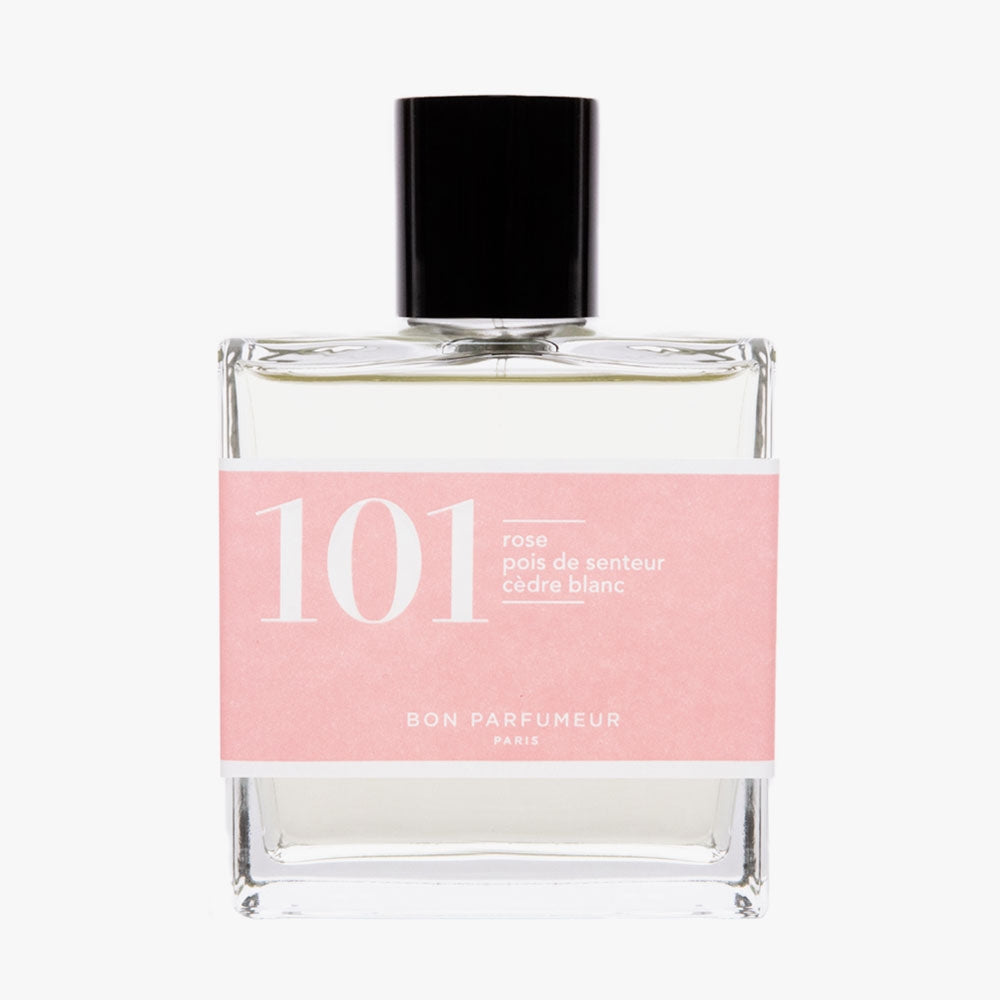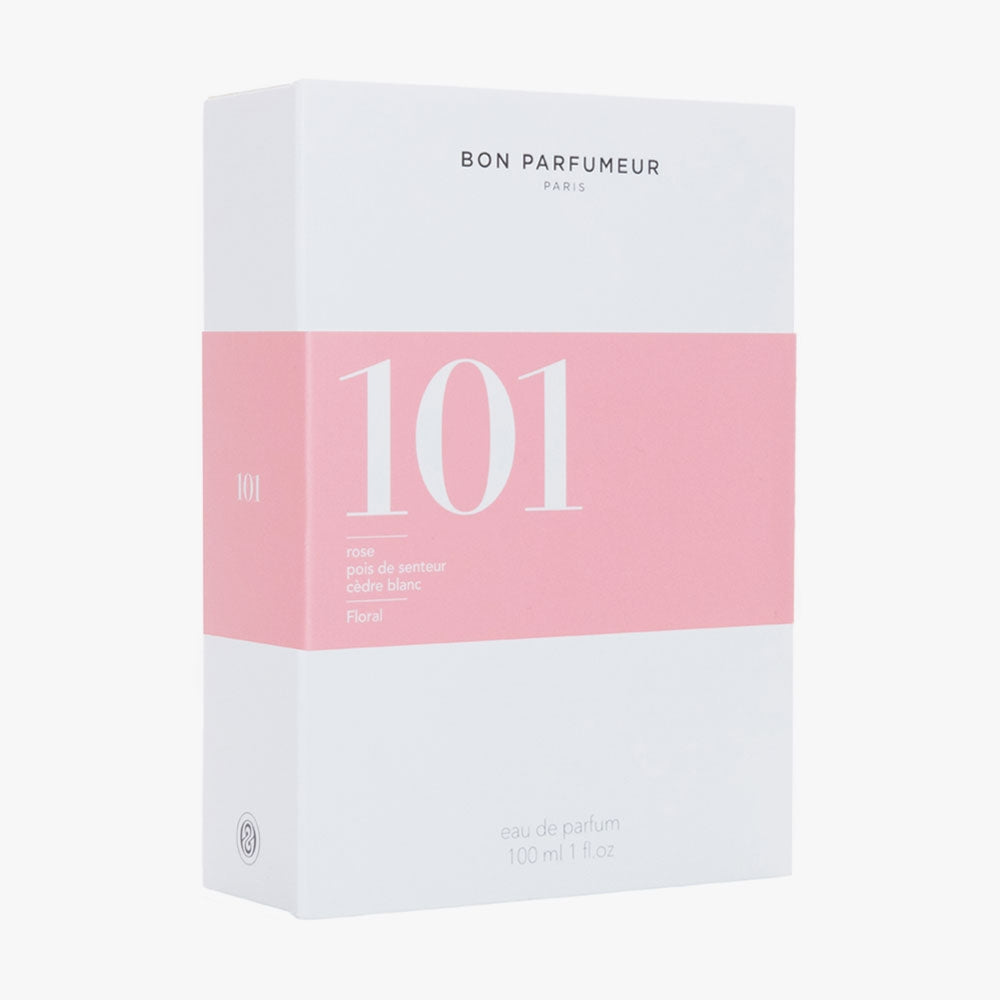What is the difference between the essence and absolute? The essence or essential oil is obtained by steam distillation. This involves the use of a distillation unit to steam the rose petals and release their aroma compounds. The steam saturated with essence is then directed into a condenser and cooled down. The steam condenses and becomes a liquid, meaning the essential oil is collected drop by drop in an essence jar. For the absolute, the rose petals are macerated in a volatile organic solvent. After evaporation occurs, the material becomes a paste called the concrete. This substance contains all the rose’s odorous and oily constituents. The concrete is then macerated in alcohol to extract all the aroma compounds. Then the alcohol is evaporated after filtration to give rose absolute.
Did you know? It takes 3 to 5 tons of roses to produce 1 kg (2.2 lbs) of essential oil, while only 400 kg (882 lbs) of roses are needed for 1 kg (2.2 lbs) of absolute. Rose essential oil is therefore very precious and expensive. The essence reveals a fresh fruity and lemony odor that is more intense than the absolute.
What is an accord? An accord is a combination of two or more ingredients. Fragrances are generally developed using accords, i.e. mixtures of raw materials. At Bon Parfumeur, all our accords are unique and developed by our perfumers in France. Although we source our ingredients from around the world, all our fragrances are 100% made in France.
What is a chypre accord? In 1917 François Coty launched Chypre de Coty, which became so successful that it inspired a whole family of fragrances based on the following olfactory structure: bergamot in the top notes, oakmoss and patchouli in the base, and a usually subdued floral heart often with rose or jasmine. For our rose-scented 101, we drew on this balance and brought it up to date by only using oakmoss and patchouli. The result is a subtle powdery and floral blend that particularly lends itself to women, but will also appeal to men who like rose fragrances.















